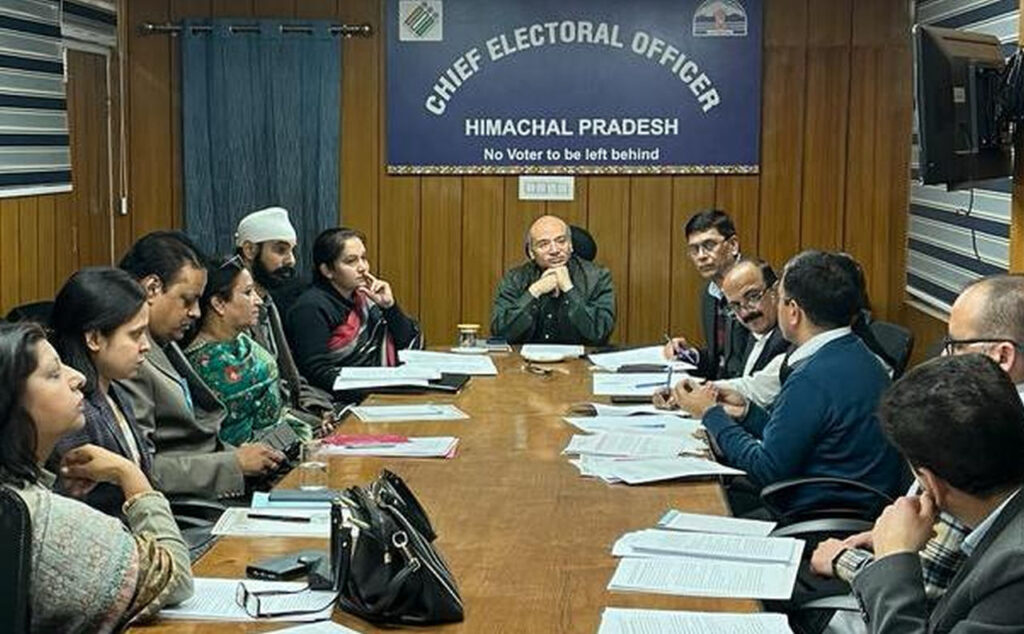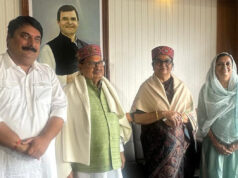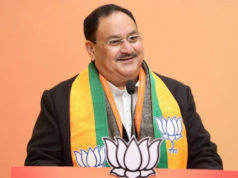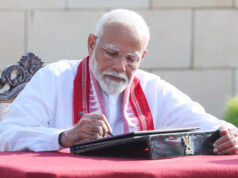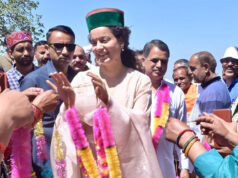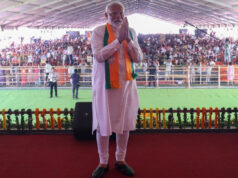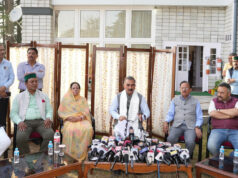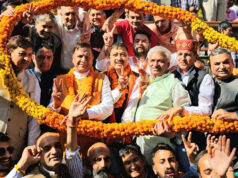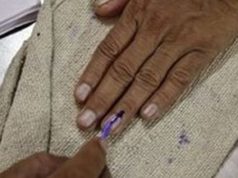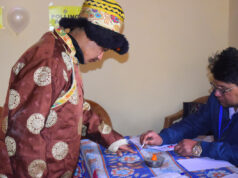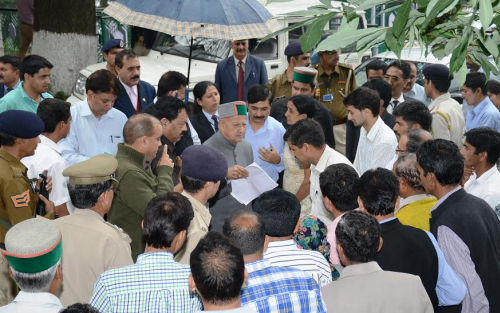In a significant development, the Election Commission of India (ECI) has introduced new guidelines for voter enrollment, particularly targeting first-time voters. CEO Maneesh Garg announced today that April 1st will now serve as the qualifying date for individuals who have reached the age of 18 years, allowing them to register themselves as voters.
Under the revised guidelines, citizens who turn 18 on the 1st of January, April, July, or October will now have the opportunity to enroll in the voters’ list four times a year, compared to the previous annual enrollment practice. This move aims to facilitate greater participation of first-time voters in the electoral process, ensuring their right to franchise during elections.
CEO Garg emphasized the significance of these amendments, highlighting that individuals who turn 18 on April 1st, 2024, will be eligible to register themselves as voters for the upcoming Lok Sabha elections in Himachal Pradesh.
Speaking at the meeting of the State Systematic Voters Education & Electoral Participation (SVEEP) core committee, CEO Garg stressed the importance of voter awareness, particularly among the youth. He debunked the misconception that voting in Panchayat elections automatically qualifies individuals to vote in Lok Sabha or Vidhan Sabha elections, underscoring the need for new voters to register themselves using Form-6 prescribed by the ECI to obtain their Electoral Photo Identity Cards (EPIC).
New voters can conveniently check their names in the voters’ list by downloading the Voters Helpline App (VHA) from the Google Play Store. Additionally, they can register themselves by filling out Form-6 online. Overseas voters are required to fill Form 6A on the Voter’s Service Portal or Voter Helpline App.
The meeting also discussed the formulation of a comprehensive SVEEP strategy and action plan to increase voter awareness throughout the state. CEO Garg urged the engagement of more youth in the electoral process, emphasizing campaigns like Mission-414 and Mission-22 going to 72 to ensure maximum voter turnout.
Furthermore, the involvement of volunteers from Nehru Yuva Kendras and Self Help Groups was proposed to educate rural communities, particularly in polling stations with historically low voter turnout. Representatives from various departments and media organizations were present to deliberate on effective voter outreach strategies.


